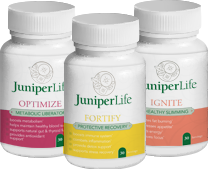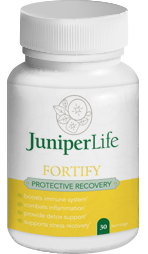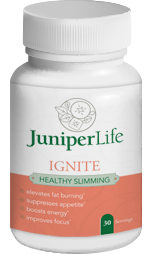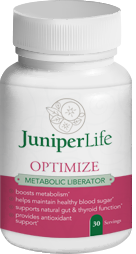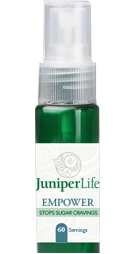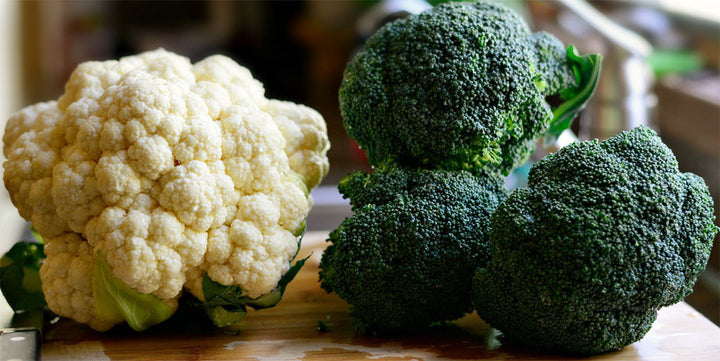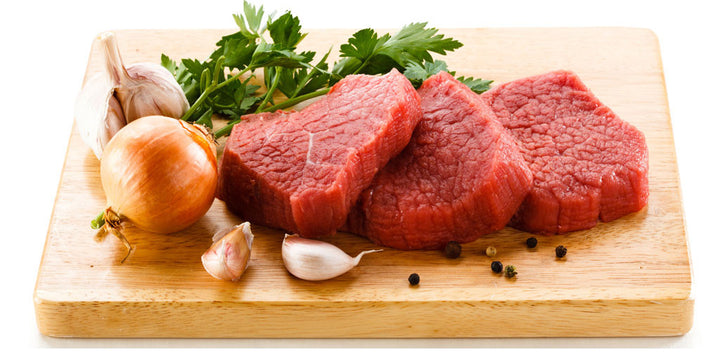Resveratrol is Classified as a polyphenol, a compound that acts like an antioxidant and found primarily in the skin of red grapes/red wine, resveratrol’s anti-inflammatory and protective benefits may be important to preserving and restoring good health.
Its effects on the sirtuin family of enzymes are a key component of resveratrol's reputation as a powerful agent in the fight against aging and oxidative damage. Sirtuin enzymes play multiple roles in processes that are key to a cell’s survival: facilitating DNA repair, reducing inflammation, and protecting against oxidative stress. The lifespan increasing benefits of a calorie-restricted diet are in large part due to sirtuins. Calorie restriction switches on the genes that activate these enzymes – ensuring survival during times of famine and food deprivation.
A particular study performed in 2006 at Harvard University tested the effects of resveratrol on middle-aged mice with high-calorie diets. While all of the mice in the study gained weight, the resveratrol group lived about 30% longer, had enhanced Insulin sensitivity, fewer fatty deposits in the arteries and liver, lower levels of inflammation, and better balance and coordination. The ability of Resveratrol to counteract the damaging effects of a poor diet, aging, and obesity can be important for anyone looking to optimize their health – but who don’t always happen to live or eat perfectly.
Found in many sources in nature, such as red grapes, peanut butter, and blueberries.


